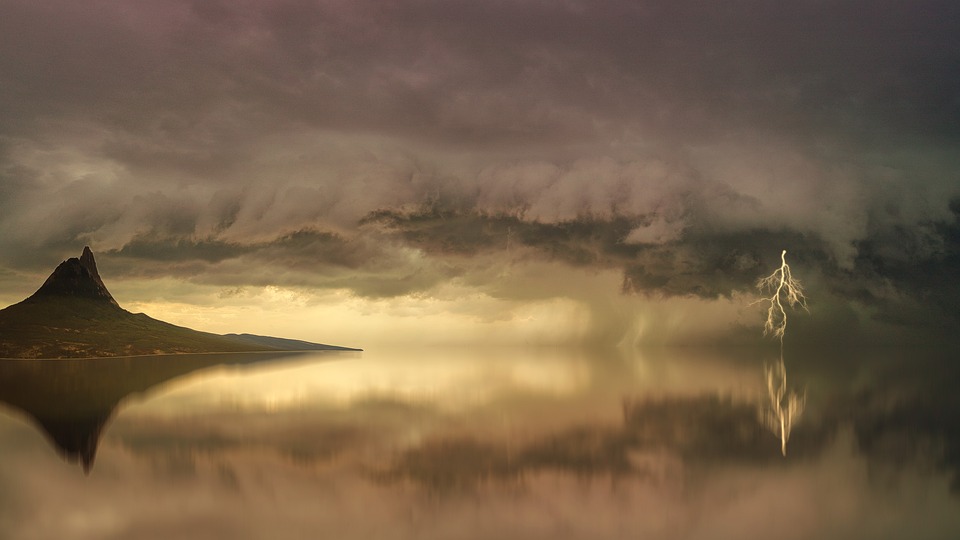From Fifty Shades to Euphoria: The Trend of Erotic Drama in Pop Culture
In recent years, we have seen a rise in erotic dramas in pop culture, with shows like “Euphoria” and movies like the “Fifty Shades of Grey” trilogy gaining immense popularity. These works delve into themes of love, lust, and desire, exploring the complexities of human relationships in a raw and unfiltered way. This trend has sparked debates about the portrayal of erotic content in mainstream media and its impact on society.
The Rise of Erotic Dramas
The success of the “Fifty Shades of Grey” franchise marked a turning point in the portrayal of erotic content in mainstream media. The books, written by E.L. James, became a global phenomenon, sparking a renewed interest in erotic literature and paving the way for a new wave of erotic dramas in film and television.
Following the success of “Fifty Shades,” shows like “Euphoria” took the genre to new heights. “Euphoria,” created by Sam Levinson and starring Zendaya, explores the lives of a group of teenagers navigating love, sex, and identity in the digital age. The show garnered critical acclaim for its raw and unflinching portrayal of the teenage experience, as well as its groundbreaking depiction of LGBTQ+ characters.
The Appeal of Erotic Dramas
So, why are erotic dramas so popular in pop culture? One reason could be the allure of the forbidden. Erotic content has always held a certain fascination for audiences, tapping into primal desires and fantasies. By exploring themes of love, lust, and desire, these works provide a tantalizing escape from the mundane realities of everyday life.
Furthermore, erotic dramas often delve into complex and multifaceted characters, offering a more nuanced portrayal of human relationships. By exploring themes of power, control, and vulnerability, these works challenge traditional notions of romance and push the boundaries of what is considered socially acceptable.
The Controversy Surrounding Erotic Dramas
Despite their popularity, erotic dramas often face criticism for their explicit content and portrayal of sex and relationships. Some argue that these works promote unhealthy and unrealistic ideals of love and romance, perpetuating harmful stereotypes and reinforcing patriarchal norms.
Others point to the potential impact of erotic content on younger audiences, raising concerns about the influence of media on sexual behavior and attitudes. While some argue that these works provide a platform for important conversations about consent and agency, others worry that they could normalize harmful behaviors and attitudes towards sex.
The Future of Erotic Dramas
As the trend of erotic dramas continues to grow, it raises important questions about the role of erotic content in mainstream media. How do we balance the need for artistic expression and creative freedom with the responsibility to portray sex and relationships in a healthy and respectful way?
Perhaps the answer lies in promoting diversity and inclusivity in the portrayal of erotic content, ensuring that a wide range of voices and perspectives are represented. By featuring LGBTQ+ characters, people of color, and individuals from diverse backgrounds, these works can challenge stereotypes and offer a more realistic and inclusive portrayal of human relationships.
In conclusion, the trend of erotic dramas in pop culture reflects a broader cultural fascination with love, lust, and desire. While these works have faced criticism for their explicit content and portrayal of sex, they also provide a platform for important conversations about consent, agency, and identity. As the genre continues to evolve, it will be interesting to see how creators push the boundaries of what is considered socially acceptable and challenge traditional notions of romance and relationships.
